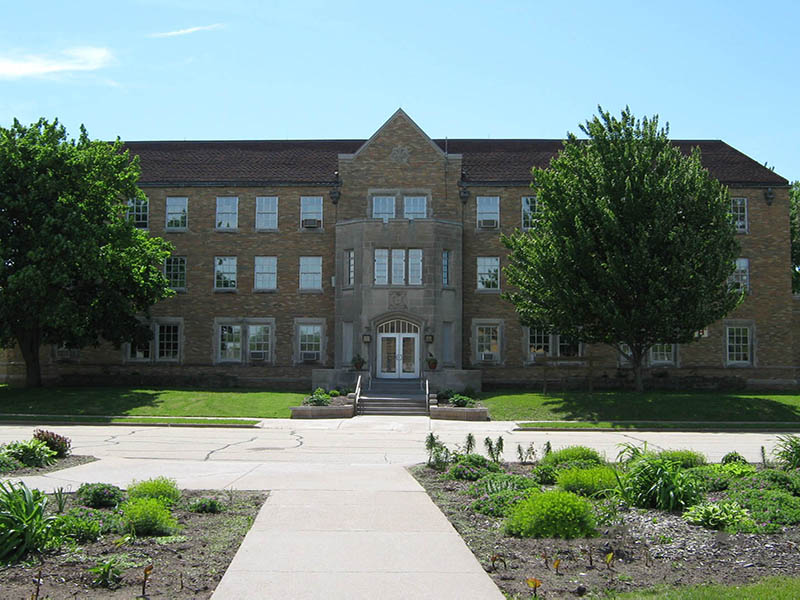State COVID Restrictions Continue for Prisons
Social distancing guidelines maintained for all state’s correctional institutions.
Although the Safer at Home order has been struck down, the Department of Corrections (DOC) says social distancing guidelines and restrictions will continue for Wisconsin’s incarcerated population. “This decision is being made in the interest of the health and safety of our staff,” reads a press release, “persons in our care, and the public, as part of the ongoing effort to prevent the spread of COVID-19.”
Non-essential visits at state facilities are suspended, and professional visits will continue through phone calls, video conferences, and other methods to limit contact. Screenings of employees including questionnaires, temperature checks and enhanced cleaning and sanitation protocols are also still in place. “Due to the confined spaces and layouts of correctional institutions,” reads the release, “these decisions are necessary in an effort to prevent the type of outbreaks some other states have experienced in correctional institutions.”
Adult incarcerated people are receiving two free 15-minute phone calls a week, while youth have unlimited phone calls. There is also one free stamped envelope provided for letter communications, and 50 cents for Corrlinks kiosk accounts. Advocates and the loved ones of incarcerated people say they are not satisfied by these accommodations. They want an immediate downsizing of the state’s prison population, and more transparency in the testing of people in custody.
The report examined who has the power to compel more releases, and of what kind. While Gov. Tony Evers has certain powers to grant clemency and pardons, he has also taken steps to reinstate the state pardons board. Currently, a lot of power and decision making ability lies with the parole commission.
Activists are considering a slew of policy-based strategies to release more incarcerated people, particularly those which focus on the parole process. The LRB also referenced the possibility of utilizing an entirely separate parole system, specifically designed to reduce crowding. It would take time, however, for that option to be explored, and the framework around a release program to be established.
Meanwhile, many areas of Wisconsin are poised to re-open businesses, and several local versions of the Safer at Home order have been rescinded. While incarcerated people can’t freely leave their facilities, staff members and correctional officers can. Some facilities have staff who have tested positive, raising concerns that the virus may have gone further than many realize.
“The DOC understands the significant impact these decisions have on persons in our care and their loved ones, and continues to look for ways for those in our care to maintain contact,” a department press release states. “We continue to explore additional methods of communication to help families stay connected during this time.” As of May 15, 11,685 Wisconsinites have tested positive for COVID-19, and 445 have died.
Reprinted with permission of Wisconsin Examiner.



















